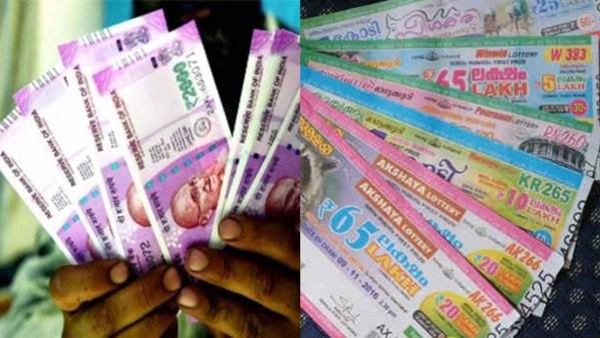Lotteries have captivated human interest for centuries, weaving themselves into the fabric of cultures around the world. From ancient rituals to modern-day mega jackpots, the lottery’s appeal lies in its promise of instant wealth and the dream of a better future. This article explores the various facets of result macau, including their history, societal impact, and the psychology behind their allure.
A Historical Perspective
The concept of lotteries dates back to ancient civilizations. The Greeks and Romans used lotteries for various purposes, including selecting government officials and distributing land. In China, the Han Dynasty utilized lotteries to fund major projects like the Great Wall. The modern lottery, however, began taking shape in the 15th century in Europe. The first recorded lottery was held in 1446 in the town of Bruges, Belgium, aiming to raise funds for public projects.
In the 17th century, lotteries gained popularity in England and were used to fund the construction of the British Museum and other public works. The lottery concept crossed the Atlantic to America, where it played a role in financing the American Revolution and various colonial endeavors. Over time, lotteries evolved, becoming both a tool for raising public funds and a form of entertainment.
The Modern Lottery Landscape
Today, lotteries are a multi-billion-dollar industry. In the United States alone, lottery sales topped $80 billion in 2023, with states like California, New York, and Florida leading in ticket sales. The appeal of lotteries is magnified by the prospect of life-changing jackpots, which can reach hundreds of millions of dollars. The most notable examples are the Powerball and Mega Millions lotteries, which regularly feature record-breaking prizes.
Globally, lotteries vary widely in format and purpose. In Europe, the EuroMillions offers large jackpots that span multiple countries. In Asia, lotteries often contribute to charitable causes or support public infrastructure. Despite their differences, all lotteries share a common thread: they captivate the imagination with the possibility of winning big.
The Psychology of Lottery Participation
What drives millions of people to buy lottery tickets despite the slim odds of winning? The answer lies in a complex interplay of psychology and economics. The allure of a lottery is deeply rooted in human nature and the concept of hope. For many, purchasing a ticket is a small investment for the chance of a significant reward, tapping into the dream of escaping financial burdens and achieving personal goals.
Research indicates that people are drawn to lotteries by the potential for a “quick fix” to their problems. The excitement of potentially winning a large sum of money can create a temporary sense of euphoria and optimism. The lottery also provides a form of escapism, offering a brief respite from the stresses of everyday life.
The odds of winning a lottery are notoriously low—often in the millions to one. However, the cognitive bias known as “probability neglect” plays a role in the lottery’s popularity. Individuals tend to overestimate their chances of winning and underestimate the likelihood of losing, leading them to spend more on tickets than they might otherwise.
Societal Impact
The societal impact of lotteries is a double-edged sword. On one hand, they provide significant revenue for public projects and charitable causes. Funds from lotteries often support education, healthcare, and infrastructure, benefiting communities and promoting social welfare.
On the other hand, the lottery’s regressive nature means that lower-income individuals tend to spend a higher proportion of their income on tickets. This can lead to financial strain and perpetuate cycles of poverty. Critics argue that lotteries exploit the hopes of the less fortunate, who may view them as a last resort for financial relief.
